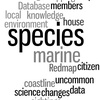
CALLING ALL WA REDMAPPERS!
The Western Australian node of Redmap is seeking volunteers interested in acting as Champions (or ‘ambassadors’) for the project...



The Western Australian node of Redmap is seeking volunteers interested in acting as Champions (or ‘ambassadors’) for the project...
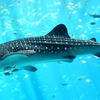
Marine scientists in north Queensland are excited about the discovery of a group of whale sharks on the Great Barrier Reef, writes ABC News. The group was spotted by a commercial fisherman on the outer reef off the coast of Townsville recently. Whale sharks have previously been seen in the marine park swimming alone, but this is the first time a group of them has been sighted and recorded. Read …
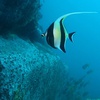
How will climate change affect life in the oceans? In research to be published in Nature Climate Change* we, among several other authors, show that the answer is likely good and bad. Read the story in The Conversation.
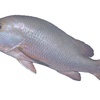
WA RESEARCH has revealed adult mangrove jack (Lutjanus argentimaculatus) are likely to be negatively impacted by climate change, but that juveniles may actually benefit from its effects. Read the full story in Science Network WA.
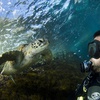
Science is not just for scientists these days. Going on a scuba-diving holiday this summer? Share the temperature data from your dive computer with researchers eager to plug holes in sparse records for inshore areas. Nervous about possible pollution from a nearby fracking project? Ease your concerns by helping to collect and analyse air samples as part of a monitoring project. Stuck at home as the rain pours down? Log …
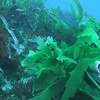
Fish retreat to deeper water to escape the heat, a new study shows, a finding that throws light on what to expect if predictions of ocean warming come to pass. Read about this James Cook University study in Science Daily.
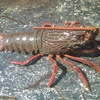
The lobster population has crashed to the lowest levels on record in southern New England while climbing to heights never before seen in the cold waters off Maine and other northern reaches — a geographic shift that scientists attribute in large part to the warming of the ocean, writes The Boston Globe.
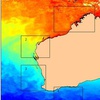
Thanks to a new system developed by scientists in the UK, taking to the waves for a spot of surfing can benefit research into the health of coastal waters, and could help confirm satellite measurements of sea-surface temperature, as reported in Scientific Computing. Read the full story here.
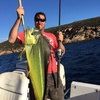
Research scientists have a new ally in their work - the growing army of citizen scientists, writes the Australian Financial Review.
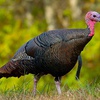
The state’s Department of Environmental Conservation is encouraging New Yorkers to participate in a survey for wild turkeys throughout the month of August. Read the full story in The Altamont Enterprise.